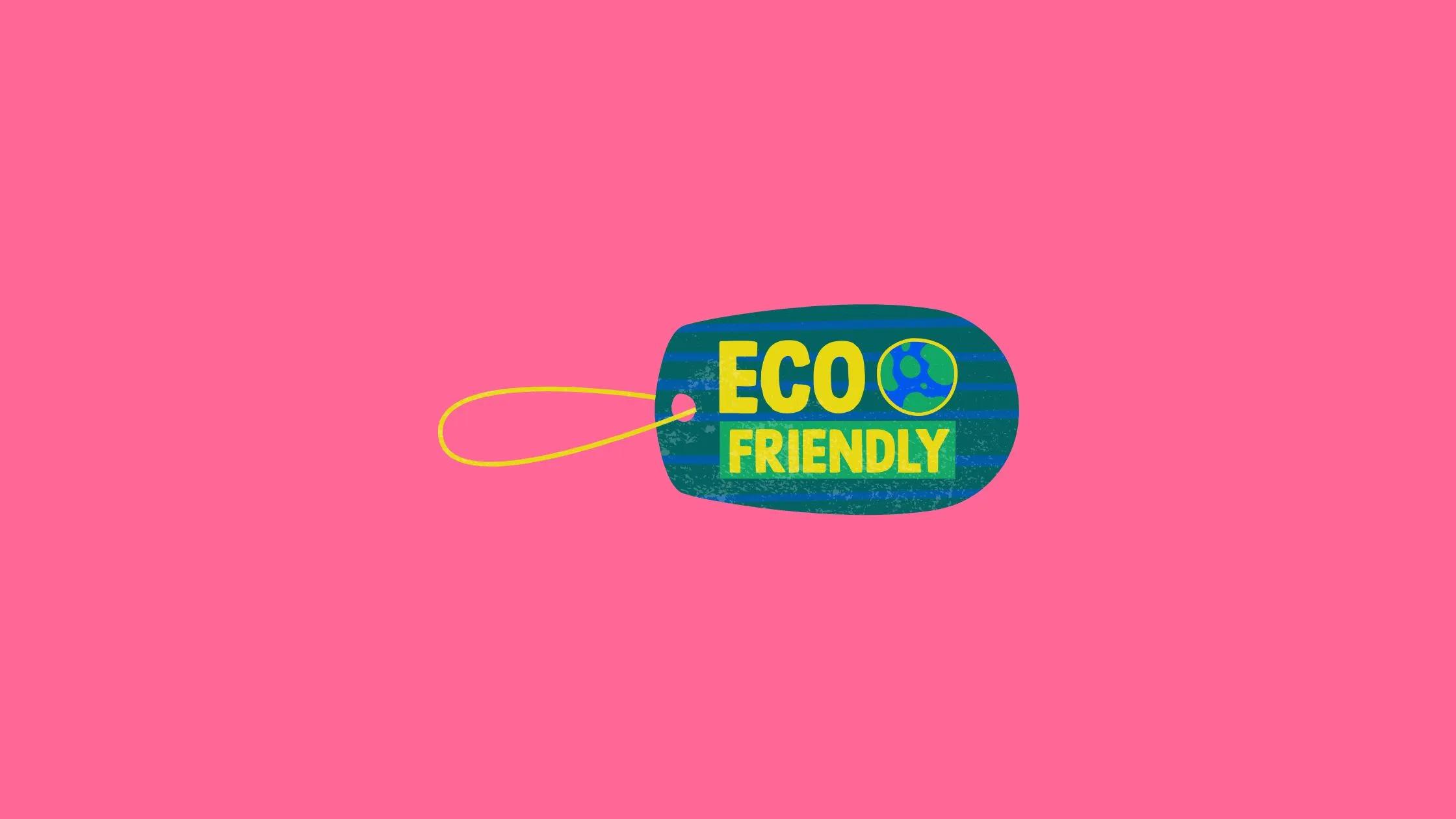
Digital commerce
-c0abc555-8c46-40b1-a3e9-e581c8ac8fce.jpg&w=3840&q=75)
Sustainability has become a pivotal focus in the retail industry, influencing consumer preferences and corporate strategies alike. As the National Retail Federation's Big Show (NRF 2025) approaches in New York City, sustainability is set to be a central theme, with key conversations highlighting its significance and implementation in retail.
The retail industry significantly impacts the environment, from resource consumption to waste generation. Recognizing this, retailers are adopting sustainable practices to reduce their ecological footprint, meet regulatory requirements, and align with consumer demand for environmentally responsible businesses.
%20(1)-b57dcb64-f24e-469e-a1fb-95a73e2ece65.jpg&w=3840&q=75)
NRF 2025 will feature several sessions dedicated to sustainability, providing insights into current trends and strategies:
Unifying the Retail Supply Chain for Better Visibility, Sustainability, and Profitability
This session will explore how breaking down silos within the supply chain can lead to enhanced transparency, improved sustainability, and increased profitability. Attendees will learn about flexible and agile solutions that manage operations efficiently, adapting to consumer demand and supply chain uncertainties.
Supply Chain 2025: Building Resilience for the Next Era
Focusing on the future of supply chains, this discussion will address how retailers can increase transparency, reduce lead times, and enhance sustainability. The goal is to build resilient and efficient supply chains that balance competitive advantage with customer expectations.
The Value Proposition Around Circular Business Models
This session will delve into how retailers successfully implementing sustainability-focused projects have embedded circularity into their core business value drivers. By doing so, they open new revenue streams and meet consumer demand for sustainable products.
Several key trends are shaping sustainability in the retail industry:
Circular Economy Initiatives
Retailers are adopting circular business models, focusing on product life extension, recycling, and sustainable sourcing to minimize waste and environmental impact.
-dffc85e1-a1bc-47e5-89cb-b8b1c8610d50.jpg&w=3840&q=75)
Supply Chain Transparency
Enhanced visibility into supply chains allows retailers to ensure ethical practices, reduce carbon footprints, and meet consumer demand for transparency.
Consumer Engagement in Sustainability
Brands are involving consumers in their sustainability efforts, offering tools and information to make informed purchasing decisions that align with environmental values.
For digital marketers, founders, and content teams in D2C brands and retailers, implementing sustainability involves:
Strategic Integration
Incorporate sustainability into the core business strategy, ensuring it aligns with company values and consumer expectations.
Transparent Communication
Clearly communicate sustainability efforts and achievements to consumers, building trust and brand loyalty.
Collaboration Across the Value Chain
Engage with suppliers, partners, and consumers to create a cohesive approach to sustainability that encompasses the entire product lifecycle.
Sustainability in the retail industry is not merely a trend but a fundamental shift towards responsible business practices. NRF 2025 will serve as a platform for key conversations, providing valuable insights for retailers aiming to integrate sustainability into their operations. By embracing sustainable practices, retailers can meet consumer demand, comply with regulations, and contribute to a healthier planet.